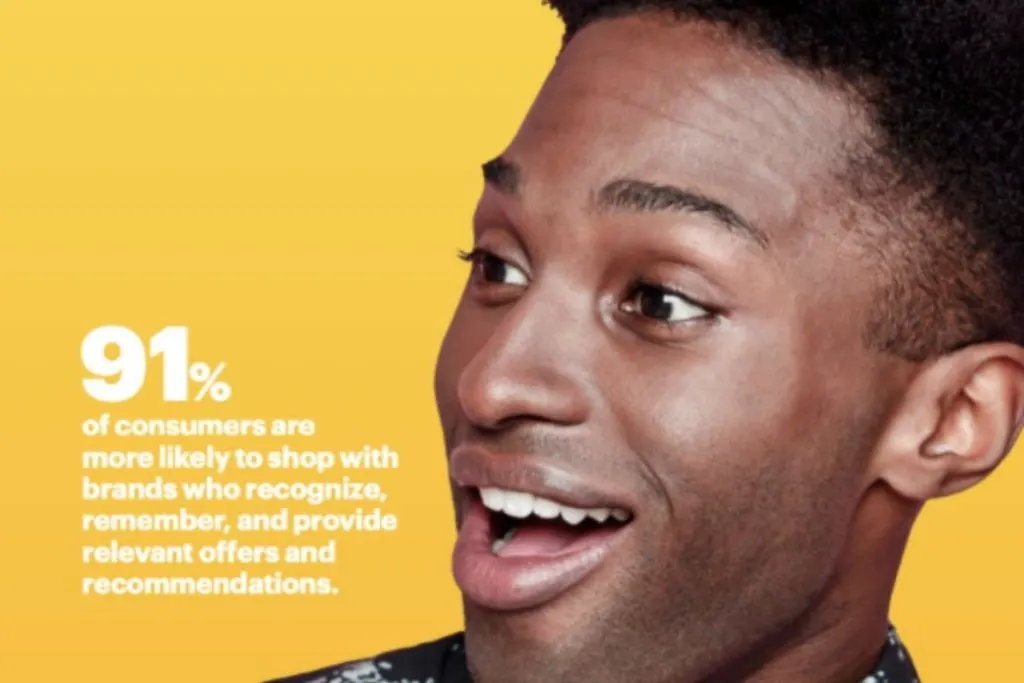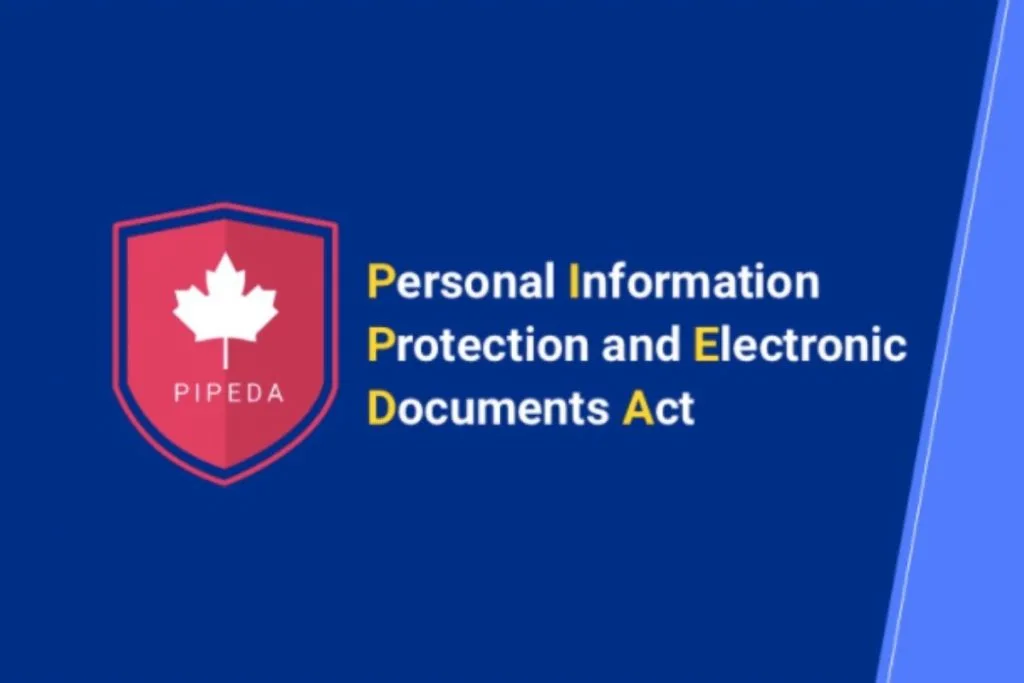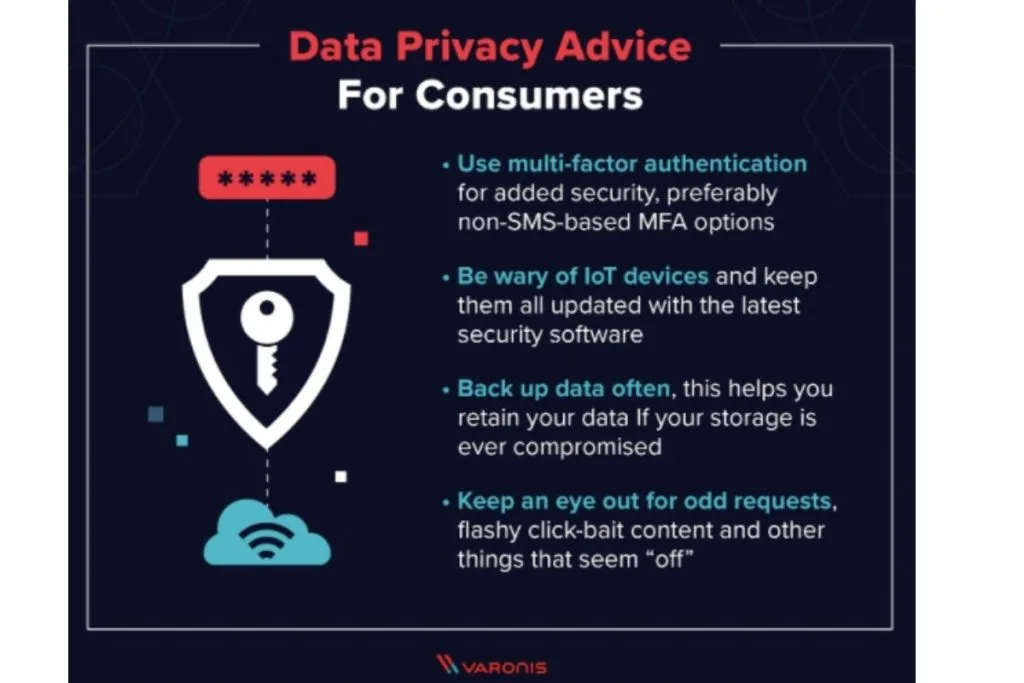Keeping up in a dynamic industry is innately complex for every mom out there. If you are a marketing consultant or a startup agency owner, this aggravates even more.
After all, nurturing two babies simultaneously with equal care can take a toll on anyone, especially if they have numerous tantrums.
The changing trajectory of data privacy of the internet is perhaps the biggest tantrum you might have to handle for your startup baby.
But all hope’s not lost.
With a little grit and discipline, you can successfully champion taming down your professional hurdles.
So before we can get to the best solution, let’s understand what the scene really looks like?
Data has been the fuel for all the dot-com marketers to execute successful marketing campaigns for years. However, recent updates in the data privacy landscape have ensured that consumer data usage changes forever. Today, consumers are more sensitive about their data than ever. A Gartner study shows 8 out of 10 customers are likely to relinquish a brand that uses their data without their prior consent.
The result?
You witness a sea-change in consumer data privacy. Starting from privacy law to data usage approaches, everything is version 2.0.
As an internet business owner, these changes can affect all you working mums out there vehemently. But when you have your rescue squad at help, you can get through the tides.
Top 5 Data Privacy Hacks Every Digital Marketer Mum Must Know in 2021

Irrespective of your domain of specialization, data privacy is a top priority. To perform optimally, you need to map the critical trend-shifts happening now.
The following tips and tricks in the privacy landscape’s major shifts can ensure you are secured from every consumer privacy hamper.
Growth in consumer sensitivity towards data
If your marketing campaigns have to remain authentic, you need to take consumer data privacy seriously. This means no matter how successful your previous marketing strategies have been; you cannot risk using your consumer’s data without permission.
It will only strain the brand-consumer relationship while potentially damaging your customer trust permanently. So what’s the solution? Here’s what you can do.
Personalization is your savior
Personalization can open doors of data goldmines for you, marketer mums.
Let’s find out why?
With the change in the data privacy landscape, data has become even more expensive and difficult to reach. However, this problem can quickly be resolved with extensive usage of personalization. It is no trade secret that your users expect high levels of hyper customized and personalized experiences from your brands.

Accenture pulse found that 91% of consumers preferred a brand with personal messaging instead of brands operating with flat generic communications. What’s more interesting, they were willing to share their data in exchange for an improved experience. Quizzes, free tools, ebooks, and vouchers are a few creative strategies to get around with it. So for your next campaign, get creative and go wild on personalizing your marketing assets.
Place yourself as a privacy-conscious brand

Privacy-conscious brands are increasingly becoming your consumer’s first choice.
With today’s hyper-conscious audience towards their data, ensuring that you care about their privacy as a service provider can turn into one of the key differentiating factors. You are creating an opportunity for your consumers to choose you over your competitors here.
Need proof? DuckDuckGo, Microsoft, Apple, and many other prominent organizations have benefitted from making alterations to keep their consumer’s privacy optimal.
Arrival of new policies
The governments of various legislations have sensed the growing uncomfortableness of buyers about how companies leverage their data. To protect users from data breaches, numerous privacy laws are introduced in the internet landscape.
From CCPA, LGPD, to GDPR, there is a complete string of data privacy laws that different nations’ legislation has acted upon.As an internet marketer, you cannot afford to go wrong in this step.
Here’s how you can ensure so.
Align your online advertising with privacy laws
Online marketing campaigns have a great deal to do with personal information.
Starting from traffic and lead generation campaigns to remarketing campaigns, every online marketing venture drives personal data. For instance, when using the Facebook pixel for your remarketing ventures, you are using personal information to target this set of audiences and consumers. Thus, all this information fueling online tracking and targeting to serve OBA is categorized under personal information. Privacy rules are thus enforceable on them. To ensure you always stay guarded, always ask for your audience’s consent for using their data.
Pro Tip: If any of your operating campaigns target a Canadian audience, you can depend on OBA’s opt-out consent.
All you have to do is meet a few terms and conditions. Giving your consumers a clear and comprehensible notice, an easy opt-out option, and saying no to using sensitive information like health, bank details can ensure you always stay on terms.
Curious to know the full details. Find out here.
How serious are your collaborators about privacy?
Consumer privacy breaching issues can happen because of the way you collaborate with growth partners. For instance, let’s consider the favorite marketing strategy for lead nurturing of every marketer mum, email marketing. Now for nurturing your leads, you might have generated your subscriber list via another lead generation campaign or used a 3rd party vendor to do so.
But here rises the question.
- What if your collaborating partner isn’t as vigilant towards consumer privacy as you?
- What if the email list you received was collected via blackhat practices where the contact didn’t give their consent?
Here’s where you get into trouble.

The Personal Information Protection and Electronic Documents Act (PIPEDA) doesn’t discriminate on who generated the email addresses here. If you are using the resources to outreach potential consumers, you are accountable for the data breach equally.
Set up your contract with privacy requirements.
Ask your vendor a few questions about their data collection process, which can immensely support your data privacy policies.
Refresh your understanding of public information
The line between public and private information is very thin. Thus, it is no surprise if your understanding of both gets mystified. So if a piece of information is posted online on a public platform, do you need your consumer’s consent here?
You might think the obvious answer would be yes. But let’s bust out your myth here.
The reality is – it depends.
PIPEDA says the only personal information you can collect without the consumer’s prior consent is available in public sources. However, there are certain limitations to this statement. It is limited to particular data categories like public telephone directories, magazines, books, and newspapers, where the individuals themselves provide the information.
3. Imposition of heavy compensation
If the brand you are servicing doesn’t comply with the standard data privacy laws, it not only hurts its consumers’ trust but is prone to heavy taxes. Although only a few companies have suffered low-tier compensations for violations of privacy laws, it is safe to say these compensations are only likely to grow in the future.
GDPR triggers
Your current internet company is most likely to have a global audience. Even if it’s not, keeping vigilance on the overseas privacy laws is still essential for you for the long-term. The GDPR law is triggered for any organizations that fall under any of the three criteria:
- Have a physical presence inside its borders
- Companies that offer products and services to EU residents
- Organizations that track user behavior of consumers in the EU territory
Now, let’s say you are expanding your outreach and finding out that a significant amount of traffic is generated from the EU. So you decide to personalize your site experience for these users for various activities like transactions in pounds, offer translated content, and others. This is where you fall under the GDPR compliance laws.
Changing approach to data usage

Data-driven campaigns and end-to-end personalized experiences are still the critical goals of marketers. But with the sudden shift in the data privacy landscape, companies are revisiting their marketing strategies to meet their consumer’s present requirements, data privacy.
So, with all these significant shifts, how do you combat this challenge? Your marketing team needs to be at their creative best. Making your data privacy endeavors journey a little less daunting, here’s a checklist to ensure data parity.
Quantity over quality
It’s time to value quality over quantity. Instead of focusing on quantitative data, your marketing campaigns shall pivot to the right set of qualitative data to gain insights.
Geolocation data
Using geolocational data can be of immense value. However, to execute this without facing hiccups, your data policies oblige privacy laws. There are a few ways to do this.
- Ensure transparency in your privacy policies with your consumers as much as possible. Keep them informed as to how you are going to use their data and why?
- Ensure that all of your vendors maintain the same privacy hygiene as you do.
- Optimize your data assets. No matter what category of data you are collecting, be it micro-level data or macro level, they are beneficial concerning context.
Making robust use of a flexible solution
While the global internet consumer forum is scrutinizing data privacy, a flexible analytics solution is the need of the hour.
The ideal solution can keep up with the policies’ dynamism while keeping up with the existing marketing framework and data models. The Bayesian learning and forgetting model can bring considerable benefits to this course of action.
Conclusion
The changing trends of privacy policies can be straining to keep up with sometimes.
A minor update in the existing list, a delta change, and you might have to alter the way you approach your marketing entirely.
To ensure that these changes don’t create a barrier in your marketing campaign execution, keeping updated with new information is essential.
Plus, to make the journey more accessible, you can always use software that makes sure your online space and activities all abide by the privacy laws.

